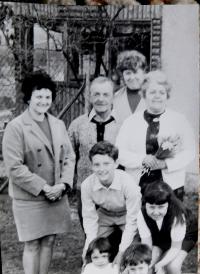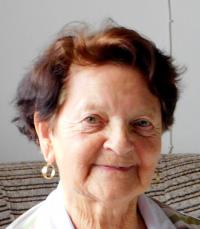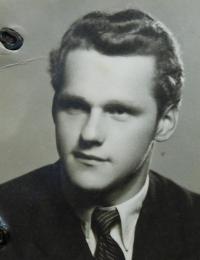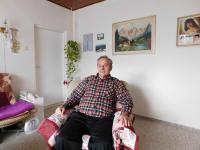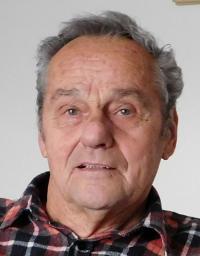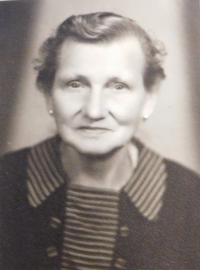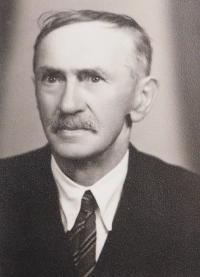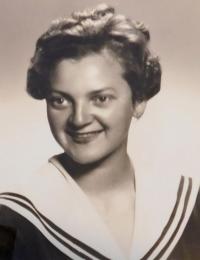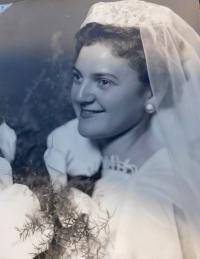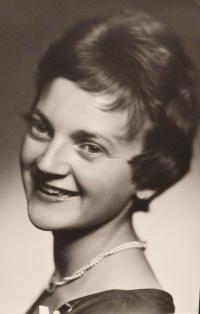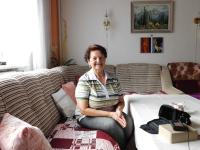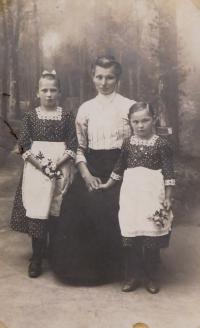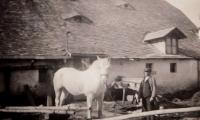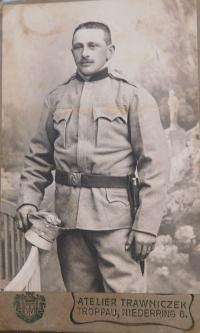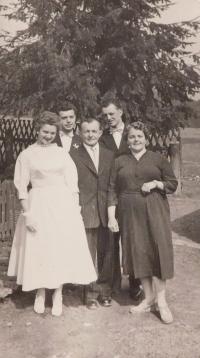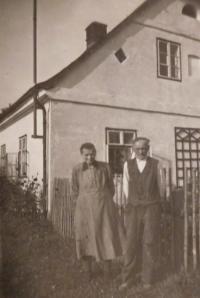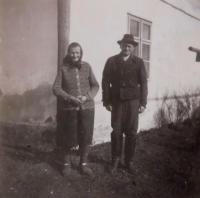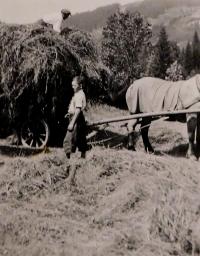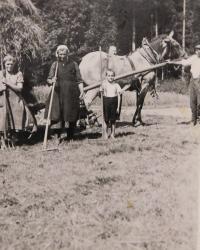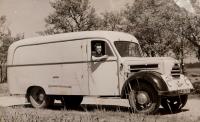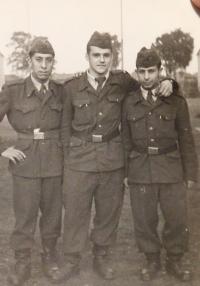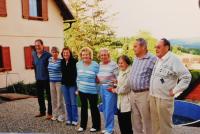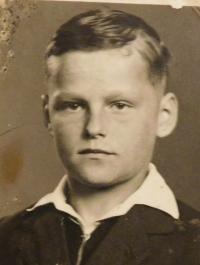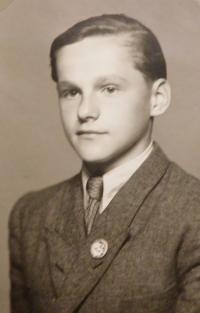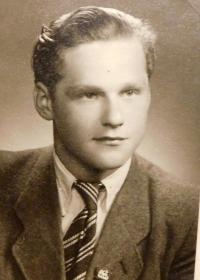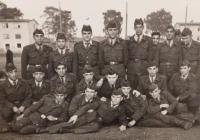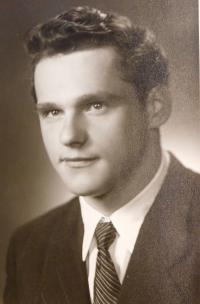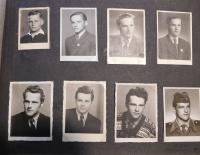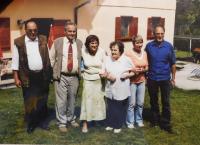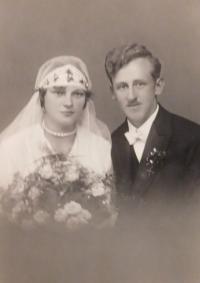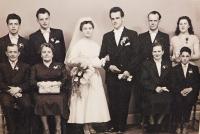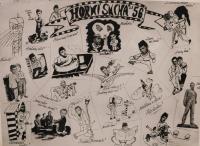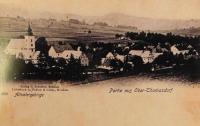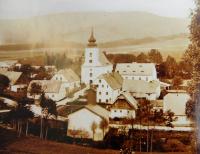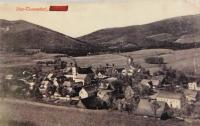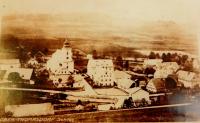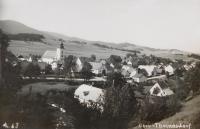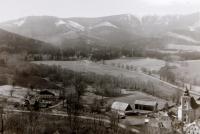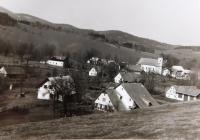Under the tops of the High Ash Mountains

Stáhnout obrázek
Rudolf Pompe was born on 23 January 1933 in the village of Domašov (German: Thomasdorf) to parents of German ethnicity. His nine-member family was not included in the post-war expulsion of Germans. However, his father and brother were subsequently sent to forced labour, the family was evicted from their home and left with no means of sustenance. At the age of thirteen, Rudolf Pompe thus became the family‘s breadwinner. The authorities repeatedly thwarted the family‘s attempts to emigrate to Germany. Supposedly, when his father sent a complaint to the president of the republic, he ended up spending three years in the uranium mines of the penal labour camps near Jáchymov. Most of his family took the opportunity provided by the relaxed political atmosphere of 1968 to move to the town of Waldkraiburg in Bavaria. However, Rudolf Pompe happened to be repairing his house at the time, and his wife Helga was pregnant with their daughter Monika, and so they decided to wait. But Czechoslovakia was invaded by Warsaw Pact armies, and the family was not legally allowed to emigrate during the normalisation period that followed. Rudolf Pompe is thus the last member of his large family to still be living in Domašov.
